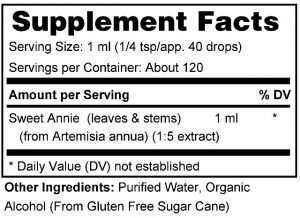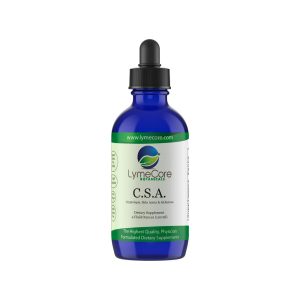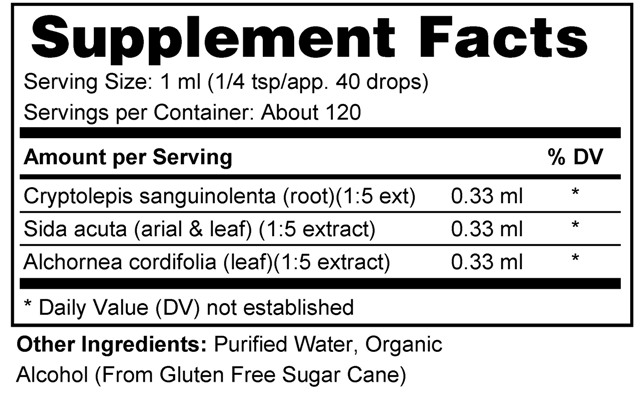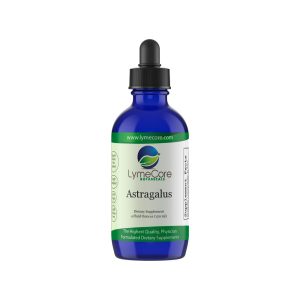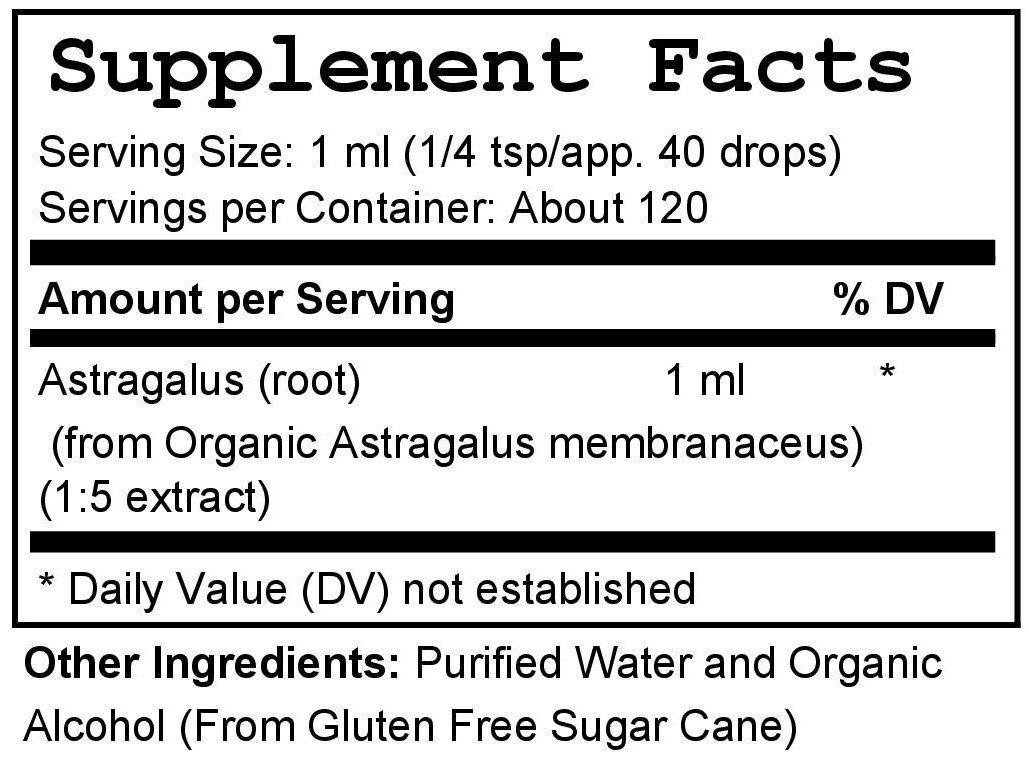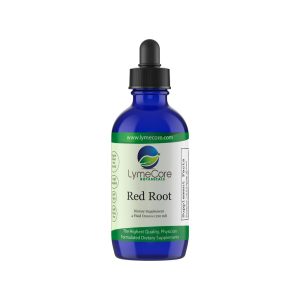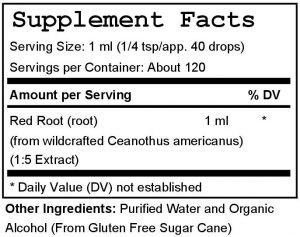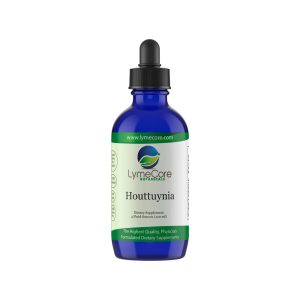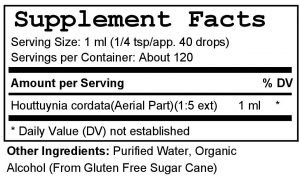Artemisia annua, also known as sweet wormwood, is a plant with a long history of use in traditional Chinese medicine. The plant contains a bioactive compound called artemisinin, which has well-established antimalarial properties. Studies have suggested that artemisinin may also exhibit antibacterial activity against certain tick-borne pathogens, including Borrelia burgdorferi, the causative agent of Lyme disease as well as Babesia spp. Additionally, Artemisia annua has shown anti-inflammatory and immunomodulatory effects, which could be beneficial in reducing inflammation and supporting the immune system in response to tick-borne infections.
Properties:
- Antimicrobial Activity: Artemisia annua contains a compound called artemisinin, which is well-known for its potent antimalarial properties. While its primary use is against malaria parasites, there is some evidence suggesting that artemisinin and its derivatives may have broad-spectrum antimicrobial effects, including activity against bacteria and parasites associated with tick-borne diseases.
- Anti-Inflammatory Effects: Inflammation plays a significant role in tick-borne diseases, contributing to symptoms and tissue damage. Artemisinin and other components of Artemisia annua have been found to possess anti-inflammatory properties, which may help alleviate inflammation associated with tick-borne diseases.
- Immunomodulatory Effects: Tick-borne diseases can dysregulate the immune system, leading to either an excessive or suppressed immune response. Artemisia annua and its components have been shown to possess immunomodulatory properties, which can help regulate and balance the immune response, potentially aiding in the recovery process.
- Synergistic Effects: Artemisia annua has been studied in combination with other herbal medicines in the treatment of tick-borne diseases. Some studies have suggested that combining Artemisia annua with other herbs, such as Andrographis paniculata or Cryptolepis sanguinolenta, may enhance its effectiveness against tick-borne pathogens.
Studies:
- “In Vitro Activity of Artemisia annua L. Extracts against Tick-Borne Pathogens Borrelia burgdorferi and Anaplasma phagocytophilum” (2015): This study investigated the antimicrobial activity of Artemisia annua extracts against Borrelia burgdorferi, the bacterium responsible for Lyme disease, and Anaplasma phagocytophilum, the causative agent of Anaplasmosis. The researchers found that certain extracts of Artemisia annua demonstrated significant antimicrobial effects against both pathogens, suggesting its potential as a treatment option.
- “Activity of Artemisinin-Based Combination Therapy against Borrelia burgdorferi In Vitro” (2017): This study examined the activity of artemisinin-based combination therapy, including artemisinin derived from Artemisia annua, against Borrelia burgdorferi. The researchers found that the combination therapy showed antibacterial activity against the bacteria in vitro, providing support for further investigation of artemisinin’s potential in treating Lyme disease.
- “Artemisinin-Based Treatments for Post-treatment Lyme Disease Syndrome” (2017): This review article explored the potential use of artemisinin-based treatments for post-treatment Lyme disease syndrome (PTLDS). PTLDS refers to persistent symptoms that can occur after the initial treatment of Lyme disease. The review discussed the antimicrobial and anti-inflammatory properties of artemisinin and its derivatives, suggesting their potential in addressing persistent symptoms associated with Lyme disease


